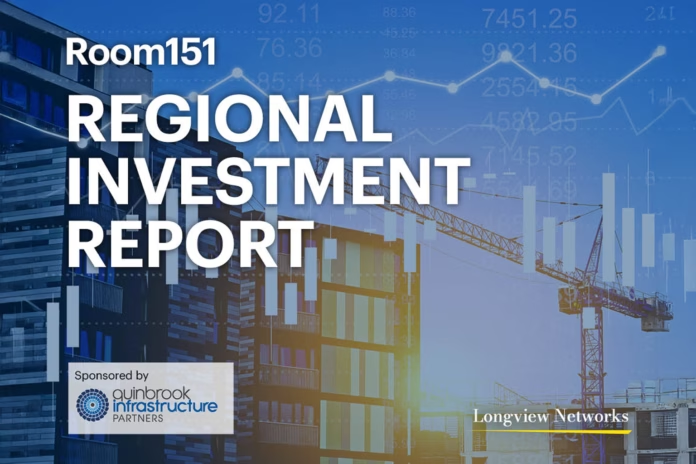
A number of LGPS pools’ equity strategies are inconsistent with the aggressive outperformance targets they have set, according to an influential report into the sector.
This year’s Local Authority Pension Performance Analytics Annual Report by investment consultancy PIRC said that a number of pools are not offering a UK equity vehicle.
Only two pools – London Collective Investment Vehicle and Access – are offering a single manager global equity fund, with the remainder only offering multi-manager global equity funds.
PIRC’s report said: “A multi-manager approach will almost certainly reduce volatility, however it would seem that such an approach is likely to deliver returns that are closer to the market index than that which would be delivered by a single manager.
“We therefore question just how the aggressive outperformance targets set by the pools will be met.”
2nd Housing & Regeneration Finance Summit
October 31, 2019, County Hall, London
Analysis by the investment firm found that that opportunities for both strong outperformance and strong underperformance are reduced under a multi-manager approach.
It added that the move away from UK equities continued during 2018/19, and the majority of individual funds now have no specific UK equity allocation, investing instead through global equity investments.
A number of pension funds divested from multi-manager funds years ago on the back of disappointing performance.
PIRC’s report said: “Will the pools fare better? This will depend on whether they have greater skill in manager selection than has previously been demonstrated by the industry as a whole.”
It added that many of the multi-manager offerings currently available are run by managers who have no track record within the local authority market.
“These firms are often quite small and specialised,” PIRC said.
“This may or may not result in interesting innovative insights that allow exceptional performance but it also raises other potential issues such as key man risk, something of which unfortunate investors in Woodford will be uncomfortably aware.”
The report said that funds need to ensure that the move into pool assets “is in their own best interests and will not negatively impact longer term returns”.
Draft guidance on pooling published in January mooted a deadline of 2020 after which LGPS funds should not normally make investments outside their pool.

Elsewhere in the report, which surveyed 64 LGPS funds with a value of £193bn (two thirds of the funds), PIRC found that returns produced an average of 7% during the year.
This was slightly below the long term annual average of around 8% ahead of inflation and actuarial assumptions.
The top performing class was private equity, with a return of 15.3%, followed by infrastructure at 11.3%.
Total equity returns came in at 7.3% for the year.
PIRC’s survey also revealed that a fifth of global equity investments are now invested in green and low carbon offerings.
The report said: “This has been facilitated by the availability of a range of indices now that cover a wide range of solutions to particular concerns (low carbon, ex fossil fuels, ESG screened etc) which are able to track the main global indices within relatively tight bands.
“This is a far more balanced approach than simple stock exclusion as funds can implement strategies to meet their environmental guidelines whilst ensuring that return and volatility remain broadly consistent with their previous investment approach.”
Room 151 this week approached a number of LGPS pools for a response to the PIRC report but none was forthcoming.











